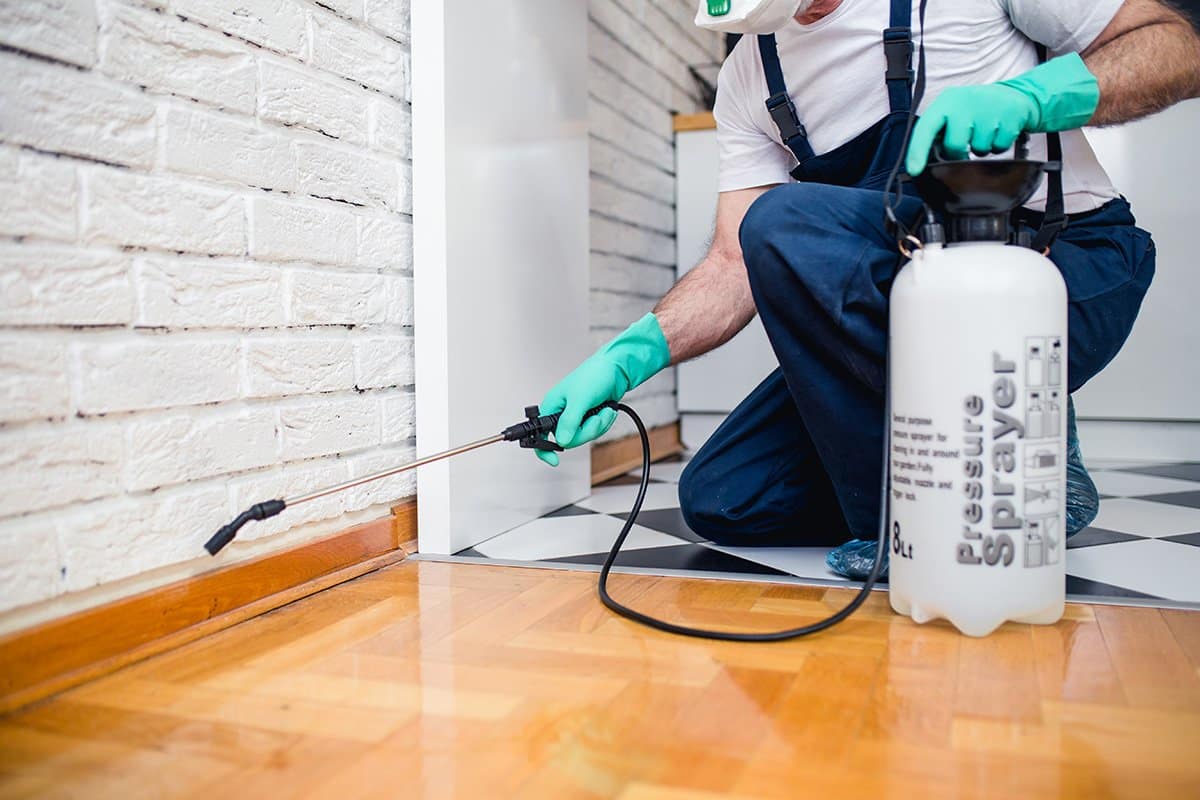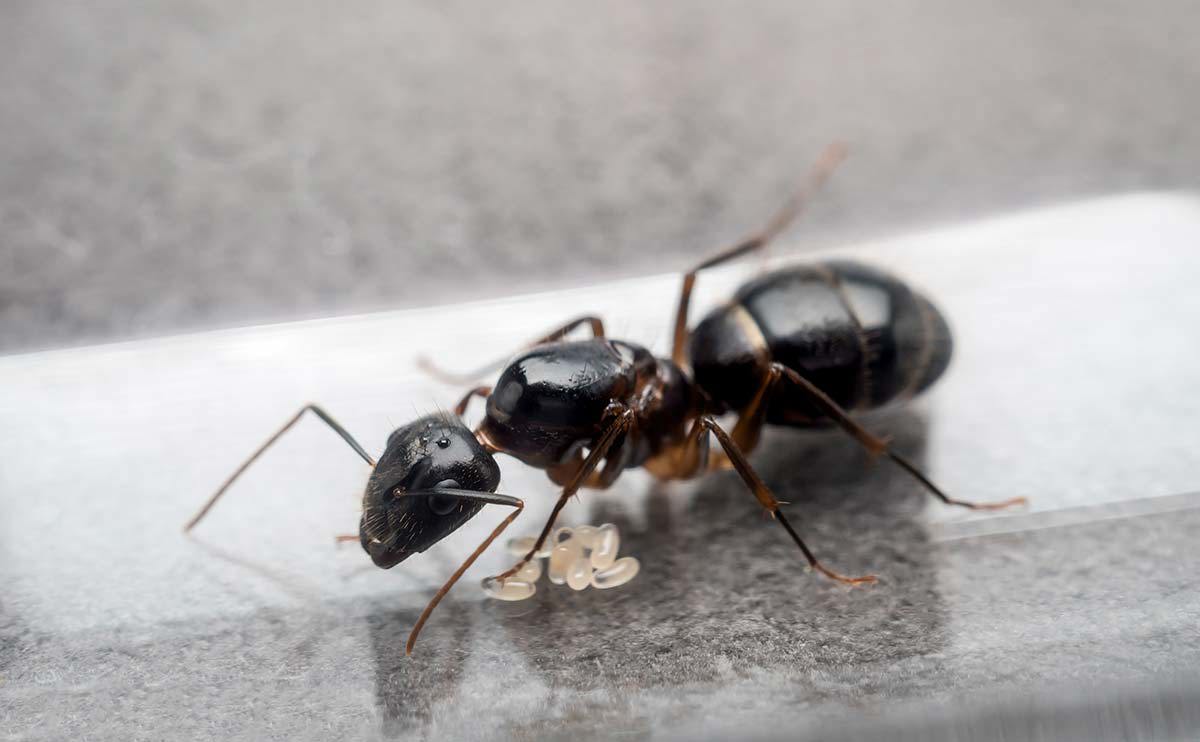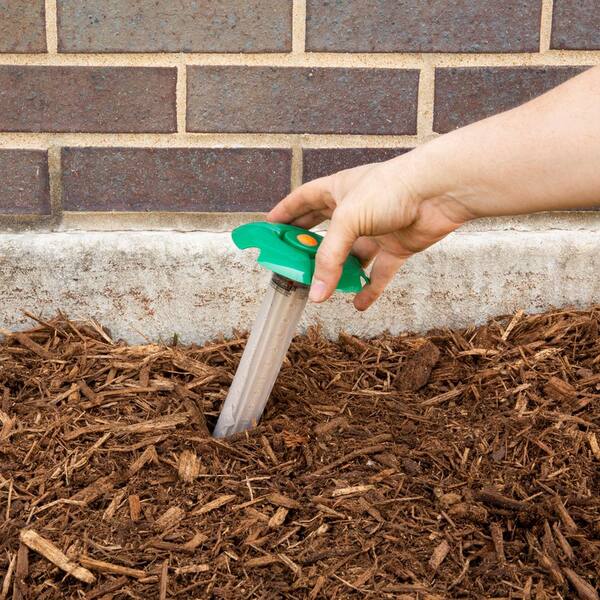Top Ant Control Services: Dependable Solutions for Your Home or Company
Top Ant Control Services: Dependable Solutions for Your Home or Company
Blog Article
Ecological Impact of Parasite Control: Harmonizing Performance With Sustainability
The ecological effect of insect control is a critical problem that needs a delicate balance in between attaining efficiency in handling insects and ensuring sustainability of our ecosystems. As we make every effort to protect our plants, homes, and health and wellness from the risks posed by bugs, the methods we utilize can unintentionally hurt the atmosphere. From making use of unsafe chemicals that permeate into our dirt and water to the unplanned repercussions on non-target varieties, the repercussions of conventional parasite control practices are significant. There are emerging techniques that offer hope for a more lasting technique to pest administration. These services not just objective to attend to the immediate pest problems however also think about the lasting health of our planet.
Dangerous Chemicals in Insect Control
The utilization of damaging chemicals in pest control positions substantial ecological and health and wellness threats that call for careful factor to consider and mitigation strategies. Herbicides, pesticides, and pesticides are typically used to eradicate insects, but their widespread application can result in unplanned repercussions. These chemicals can contaminate dirt, water sources, and the air, impacting not only the targeted pests yet also helpful bugs, wild animals, and human beings.

To attend to these threats, integrated parasite administration (IPM) methods are being advertised as a more sustainable alternative. IPM involves a mix of methods such as organic control, habitat manipulation, and the targeted use chemicals as a last hope (ant control stephens nc). By adopting an alternative strategy to pest control, we can minimize the environmental and health and wellness influences connected with harmful chemicals while efficiently managing pest populations
Influence On Non-Target Variety
Taking into consideration the unplanned consequences of insect control approaches, the influence on non-target types is a crucial element that calls for complete assessment. While parasite control steps intend to target particular pests, various other organisms in the environment may be unintentionally impacted. Non-target types, consisting of advantageous bugs, birds, animals, and also plants, can endure indirect or direct damage from pesticide applications or biological control techniques.
Pesticides can have sub-lethal or lethal effects on non-target types. Pesticides designed to deal with a specific bug pest might harm pollinators like or all-natural predators such as ladybugs. Additionally, chemical residues can collect in the setting, affecting non-target organisms with time. In a similar way, biological control agents, if not species-specific, can present threats to unintentional targets, interfering with the eco-friendly equilibrium.
To minimize the influence on non-target types, incorporated pest management (IPM) strategies that stress an all natural technique to pest control are suggested. These methods focus on using eco pleasant techniques, lessening damage to helpful organisms while effectively handling pest populaces. Conducting extensive threat analyses and keeping an eye on the results of bug control efforts are essential action in safeguarding non-target species and advertising general community wellness.
Soil and Water Contamination
Unintended ecological repercussions of bug control techniques prolong beyond influencing non-target types, with substantial effects for soil and water contamination. Chemicals, herbicides, and chemical fertilizers utilized in insect control can seep right into the soil and infect groundwater, posturing a risk to both aquatic and earthbound environments. Soil contamination can interfere with the equilibrium of microbes crucial for nutrition biking and plant development, leading to reduced dirt fertility and productivity. Furthermore, these chemicals can continue the setting for extended periods, building up in the soil and possibly going into the food web.
Water contamination is one more important concern connected with parasite control methods. To reduce dirt and water contamination from insect control tasks, integrated parasite monitoring approaches that focus on sustainability and minimize chemical inputs are vital.
Air Pollution From Chemical Use
Exposure to airborne pesticides throughout agricultural applications poses a considerable problem for air contamination control procedures. When chemicals are splashed onto plants, they can volatilize right into the air and kind volatile natural substances (VOCs) and various other airborne pollutants. These chemicals can contribute to the development of ground-level ozone, a significant component of smoke that can have destructive effects on human health, crop performance, and total air quality. Additionally, pesticide drift, where pesticides are carried by the wind to unintended locations, can result in the contamination of close-by ecological communities and water bodies.

Strategies for Lasting Insect Control
In the world of agricultural techniques, executing lasting insect control strategies is critical for keeping eco-friendly balance and protecting plant yields. Lasting bug control stresses making use of eco-friendly methods to manage parasite populations efficiently while minimizing harm to non-target microorganisms and ecological communities. Integrated Bug Monitoring (IPM) is a widely taken on approach that incorporates biological, social, physical, and chemical control approaches to achieve long-lasting insect monitoring solutions.
One key strategy in lasting parasite control is promoting biodiversity within agroecosystems. By enhancing natural opponents of bugs, such as predators and parasitoids, farmers can minimize the need for artificial chemicals. Plant rotation and diversity are likewise effective techniques to interfere with pest life cycles and create less favorable conditions for parasites to thrive. Furthermore, utilizing pest-resistant crop varieties and using techniques like helpful hints catch cropping can aid reduce bug stress without relying greatly on chemical treatments. Eventually, by integrating these lasting bug control techniques, farmers can achieve a balance between pest administration effectiveness and ecological stewardship.
Final Thought
In verdict, the ecological impact of parasite control approaches should be thoroughly taken into consideration to stabilize performance with sustainability. Dangerous chemicals used in bug control can cause dirt and water contamination, air pollution, and injury non-target types - ant control. It is vital to apply lasting bug control methods to decrease these unfavorable effects on the atmosphere and promote a healthier ecosystem for future generations
By embracing a holistic strategy to pest control, we can minimize the environmental and health effects linked with damaging chemicals while efficiently managing pest populations.

To mitigate the air pollution caused by chemical usage, it is important to embrace integrated bug monitoring strategies that prioritize the usage of non-chemical bug control techniques, such as plant rotation, all-natural predators, and immune plant varieties. Sustainable pest control stresses the usage of ecologically pleasant techniques to handle bug populaces efficiently while decreasing harm to non-target organisms and ecosystems. Integrated Pest Monitoring (IPM) is a widely adopted approach that incorporates biological, social, physical, and chemical control methods to achieve long-term bug monitoring services.
Report this page